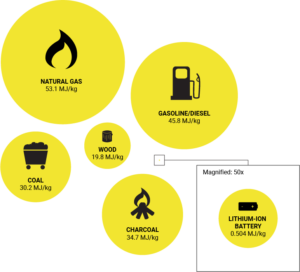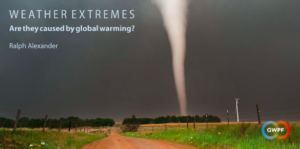by Takeuchi et al., June8, 2020 in SciReports Open Access
Abstract
Abiotic synthesis of biomolecules is an essential step for the chemical origin of life. Many attempts have succeeded in synthesizing biomolecules, including amino acids and nucleobases (e.g., via spark discharge, impact shock, and hydrothermal heating), from reduced compounds that may have been limited in their availabilities on Hadean Earth and Noachian Mars. On the other hand, formation of amino-acids and nucleobases from CO2 and N2 (i.e., the most abundant C and N sources on Earth during the Hadean) has been limited via spark discharge. Here, we demonstrate the synthesis of amino acids by laboratory impact-induced reactions among simple inorganic mixtures: Fe, Ni, Mg2SiO4, H2O, CO2, and N2, by coupling the reduction of CO2, N2, and H2O with the oxidation of metallic Fe and Ni. These chemical processes simulated the possible reactions at impacts of Fe-bearing meteorites/asteroids on oceans with a CO2 and N2 atmosphere. The results indicate that hypervelocity impact was a source of amino acids on the Earth during the Hadean and potentially on Mars during the Noachian. Amino acids formed during such events could more readily polymerize in the next step of the chemical evolution, as impact events locally form amino acids at the impact sites.
…
…


